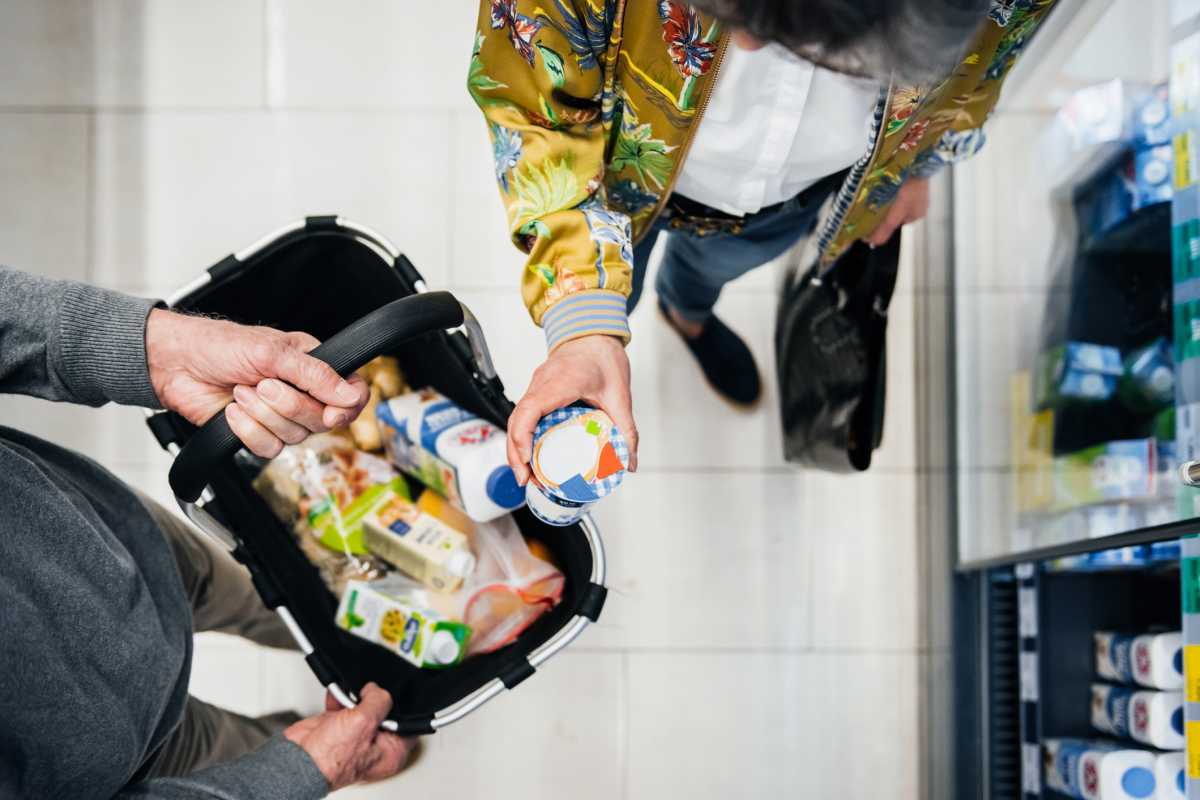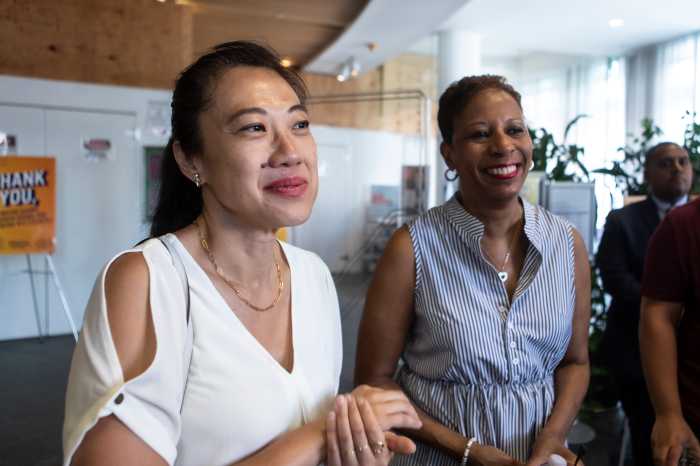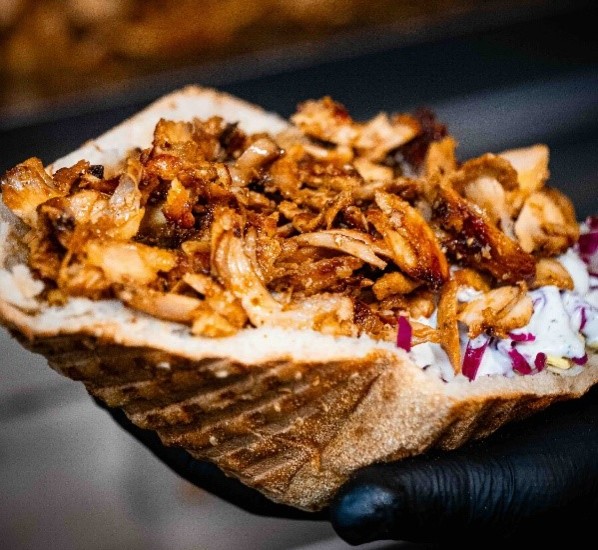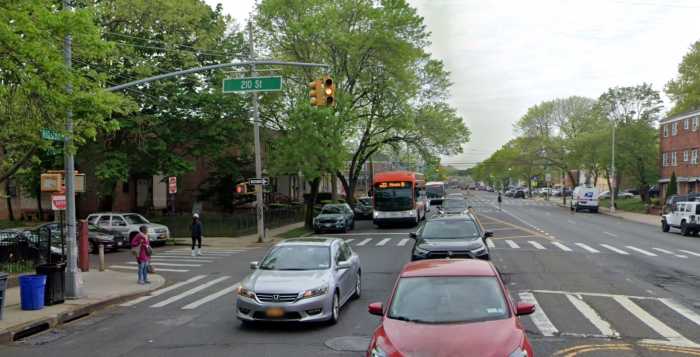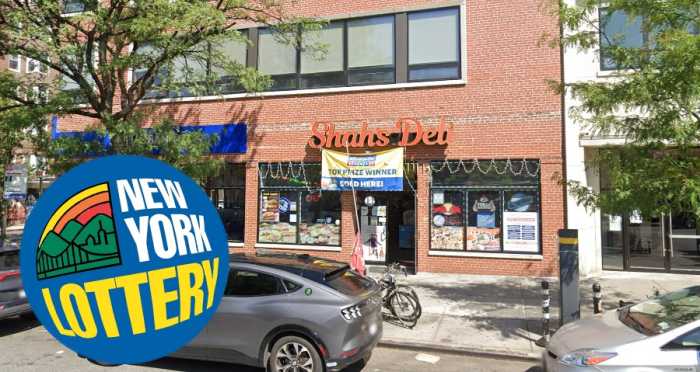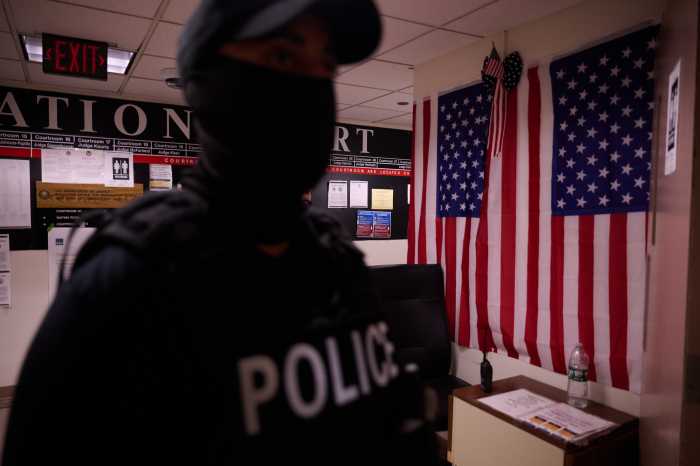The City Planning Commission (CPC) has launched the start of a public review for an update and expansion of the Food Retail Expansion to Support Health (FRESH) program to bring convenient, accessible grocery stores to underserved New York neighborhoods — a vital step towards reducing health inequities that were further highlighted by the pandemic.
In partnership with the City Council, the CPC will expand the FRESH zoning incentive to 11 additional lower-income community districts throughout the city, including Queens. The program currently applies to Queens Community District 12 in southeast Queens; and will expand to Community Districts 1, 3, and 4 in western Queens and Community District 14 in Far Rockaway.
According to Queens Borough President Donovan Richards, food insecurity was a grave threat even before the pandemic, and far too many Queens families live in food deserts without adequate access to fresh produce, fruits, vegetables and other healthy foods they need.
“My office will continue to work in close partnership with the Department of City Planning to ensure the expansion of the FRESH program into historically underserved communities in northwestern Queens and Far Rockaway will, in fact, lead to the construction of new, sorely needed supermarkets in these communities,” Richards said.
Councilman Francisco Moya, chair of the Subcommittee on Zoning and Franchises, said New York City’s FRESH update will better position the city to reflect the needs of New Yorkers and protect the most vulnerable.
“Increased access to affordable fresh food is part of how we prevent diseases that are especially prevalent in Black and Latino communities,” Moya said. “We also need to ensure that we are appropriately supporting businesses that promote healthier lifestyles. Healthier communities means we will be better prepared for the future to combat a pandemic like COVID-19. I look forward to our continued partnership with City Planning in getting this update and expansion to the finish line.”
The proposal is an investment in the health of New York’s communities. The lack of quality food options has a long-term impact on the health of New Yorkers, such as underlying health conditions and shorter life expectancy. As the city recovers from the COVID-19 pandemic, the FRESH update will create more opportunities for healthy, accessible food for New Yorkers than ever before and lessen health disparities, particularly in underserved neighborhoods.
Additionally, each new grocery store that opens is expected to generate between 30 and 100 jobs.
“We’re New Yorkers; we love good, healthy, fresh food, and no New Yorker should have difficulty finding fresh food for themselves and their families,’ said Marisa Lago, CPC chair. “By expanding and improving FRESH, we make it even easier to build and keep green grocery stores in areas where low-income families live – improving their health and everyday lives.”
Created in 2009, the FRESH zoning incentive gives property owners the right to construct slightly larger buildings in mixed residential and commercial districts if they include a FRESH supermarket. It also allows grocery stores as-of-right in light manufacturing districts, increasing the locations where they can be built.
The FRESH update would add specific rules an applicant must follow to create a new FRESH store near an existing location. Some communities have seen clustering of FRESH supermarkets, making it difficult for them to prosper. These new criteria would limit the potential for over-saturation.
For renovations to an existing building to construct a FRESH supermarket, building owners will no longer have to replace existing walls with windows – removing a potentially expensive step in the process. It will also provide a waiver from parking requirements for sites using up to 10,000 square-feet of retail area in lower density residential districts.
Rachel Loeb, president and CEO of the New York City Economic Development Corporation (NYCEDC), congratulated DCP on the start of the process and is looking forward to expanding the FRESH incentive to additional neighborhoods.
“Expanding the FRESH zoning incentives will increase the number of grocery stores offering affordable and healthy food to those that have historically lacked access and will be key to the City’s recovery from COVID-19,” Loeb said.
Since the program launched, 27 projects have been approved for FRESH zoning incentives, out of which eight are occupied as of February 2021.
The FRESH update grew out of a 2018 DCP analysis, which showed that many neighborhoods remain underserved by high-quality grocery stores, emphasizing the need to expand and bolster the program. DCP also recently launched the Supermarket Needs Index, an interactive map that informs communities of nearby grocery stores and supermarkets – and shows what neighborhoods remain underserved.
The launch of the seven-month public review process starts the clock for FRESH update. The proposal will go to all impacted community boards for the districts listed for review, followed by the five Borough Presidents and Borough Boards. The FRESH update will then go to the City Planning Commission for a public hearing and vote, followed by the City Council.

